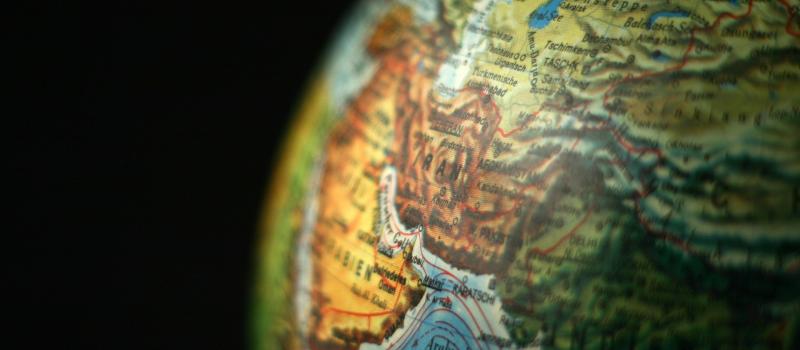Update on Iran's Political Economy: Will Taxes Replace Oil Revenues?
posted by Narimon Safavi on July 24, 2017 - 1:03pm

While the rest of the world is preoccupied with the now familiar crises in the MENA region (refugees, the Syrian civil war, Yemen) the newly reelected president of Iran appears to be making determined moves to shift Iran’s economy from dependence upon energy resources to reliance on taxation revenues.
The general impression of Iran is that of a petrol state that largely depends on revenues from extraction of oil & gas. And if it were up to some of the hardline leadership of the country, especially the Revolutionary Guard (IRG), it would remain so. However, President Rouhani, the main political rival of this conservative faction, sees Iran as a looming entrepreneurship and innovation giant. Its relatively advanced higher education system (5 million students), research centers and technology incubators could serve as the economic foundation of a new political elite in Iran. An economy based upon rule of law, taxation, and incentives could attract global capital as well as facilitate technology transfers. Rouhani probably sees well-educated Iranian society as a potential source of future social discontent if their aspirations remain unaddressed and their opportunities are restricted by the monopolies controlled by the current hard-liner elite. So he might as well pragmatically pursue a strategy that both transcends the logic of a resource-based economy and reinforces concept of "Republic“ in the "Islamic Republic ".
In the April of 2016, Iran elected a more moderate parliament (Majlis) which later in the year passed new legislation that would remove the tax-exempt status of enterprises owned by IRGC. Some within the Revolutionary Guard leadership hoped that Supreme Leader Ayatollah Ali Khamenei would block the new laws from being implemented, but so far Khamenei has not intervened. Now President Rouhani is about to introduce his second-term cabinet, which will likely implement this new taxation regime amidst rumors of backstage struggles, rich with tales of intrigue and realignment. Sometimes these even spill out into the open, as they did with the recent jailing of president's brother Hossein Fereydon on charges of corruption. One thing is for certain though, a segment of the Iranian elite has started to smell the potential of a change in Iran, bolstered by the new flow of European tourism as well as deals with major global corporations such as Total and Boeing. A more sophisticated business elite is emerging, and it will be difficult to keep the nation's political economy unchanged.

